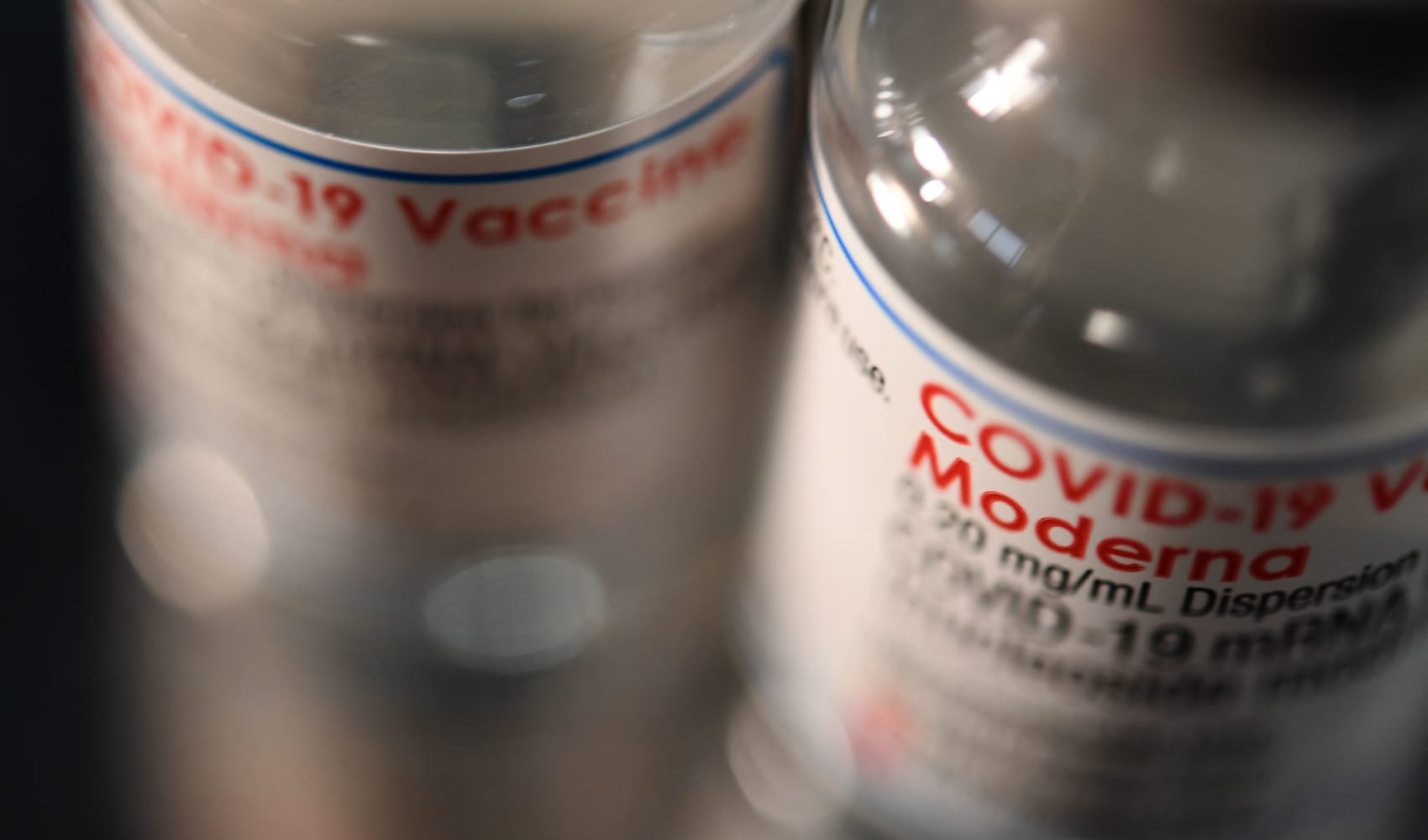Whooping cough is making a strong comeback in the United States as data from the Centers for Disease Control and Prevention shows a steep rise in reported cases.
The CDC said that cases of whooping cough, also known as "pertussis," in 2024 surpassed totals seen in recent years and marked the highest national case count since the COVID-19 pandemic began in 2020.
Stream Los Angeles News for free, 24/7, wherever you are.
“We are seeing a significant rise in cases of whooping cough,” Dr. Joshua Sharfstein, a pediatrician and professor of health policy and management at the Johns Hopkins Bloomberg School of Public Health, told NBCUniversal Local in an interview. “The bacteria is roaring back.”
The bacterial infection is highly contagious and spreads through coughing and sneezing. It can cause severe illness in infants, including pneumonia, seizures, brain swelling and death. About one-third of babies under 1 year old with pertussis require hospitalization, according to the CDC.
Get top local stories in Southern California delivered to you every morning with NBC LA's News Headlines newsletter.
The resurgence follows historically low case counts during the pandemic, when masking, distancing and school closures helped curb transmission. With those protections lifted, the illness is once again spreading widely.
Whooping cough typically starts like a cold, with mild symptoms such as a runny nose, but progresses to violent coughing fits that can last for weeks or months.
“This disease used to be called the cough of 100 days,” Sharfstein said, noting that the coughing can be so intense it causes broken ribs in adults and serious complications in babies.
While national vaccination rates for young children remain high, the CDC said gaps persist in adolescent boosters and maternal vaccination, which is key to protecting newborns.
"One of the ways to prevent whooping cough is through good precautions like hand washing and even masking can be helpful, but the best way is through vaccination," Sharfstein said, emphasizing a “cocoon” strategy in which all close contacts of a baby are vaccinated to form a protective circle.
The CDC recommends early antibiotic treatment for those infected and urges all eligible individuals, especially pregnant people and caregivers, to stay up to date on pertussis vaccinations.
"As a pediatrician, I took care of some very sick, small babies with whooping cough when they were hospitalized and I remember seeing just how miserable they were, how much they struggled to breathe, how scared their parents were and all the people around their parents were," Sharfstein said. "When I saw that, I did not have any doubt about vaccinating my own children."




